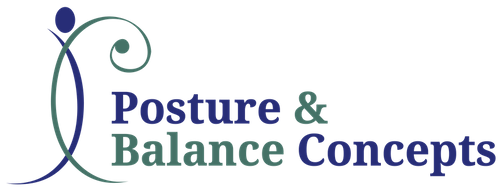Courses
Neurology & Vestibular Therapy Specialists
Multiple Sclerosis & Parkinson’s Disease: Evidence Based Practice
This is a 2-day continuing education course for therapists and assistants. The course focuses mostly on Parkinson’s disease but also instructs on M.S. Topics of discussion include etiologies, epidemiology, diagnosis, current treatment & intervention trends, and discussion of evidence-based interventions.
The attendee will acquire the knowledge needed to evaluate the patient using a variety of tests & measures, and document in ways more meaningful to the referring physician.
- 15 Hours
- PT, OT, PTA, COTA
- All Levels
- Download Brochure
Balance & Vestibular Therapy
This 2-day continuing education course is appropriate for both those new to vestibular therapy and also current practitioners who work with dizziness and balance patients. This course is appropriate for those evaluating or treating neurologic conditions including stroke, TBI, and mTBI, as well as those who complain of dizziness, vertigo, balance deficits, falls and near falls.
- 15 Hours
- PT, OT, PTA, COTA
- All Levels
- Download Brochure
Evaluating Concussion & Moderate Acquired Brain Injury
As the name implies, this 2-day continuing education course focuses on the evaluation of those suffering from concussion, or mild traumatic brain injury, as well as moderate acquired brain injury including those resulting from head impacts as well as strokes.
- 15 Hours
- PT, OT, PTA, COTA
- All Levels
- Download Brochure
Vision: Evaluation and Interventions for Therapists
This 2-day course will introduce both Physical and Occupational Therapists to the world of assessing eye motion and vision. You will learn the anatomy and physiology of vision, common diseases affecting vision, and how to treat deficits that we find during our evaluation. You will learn how to differentiate ocular motility disorders, nerve palsy, and visual field loss.
- 14 Hours
- PT, OT, PTA, COTA
- All Levels
- Download Brochure
